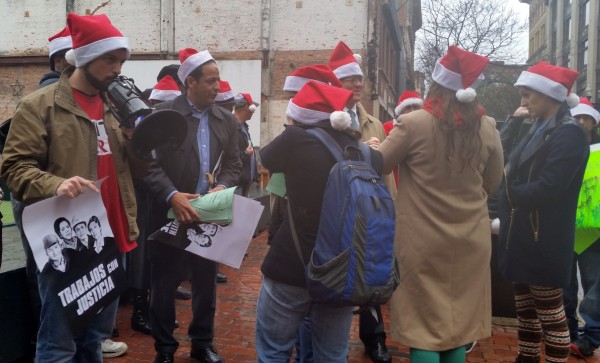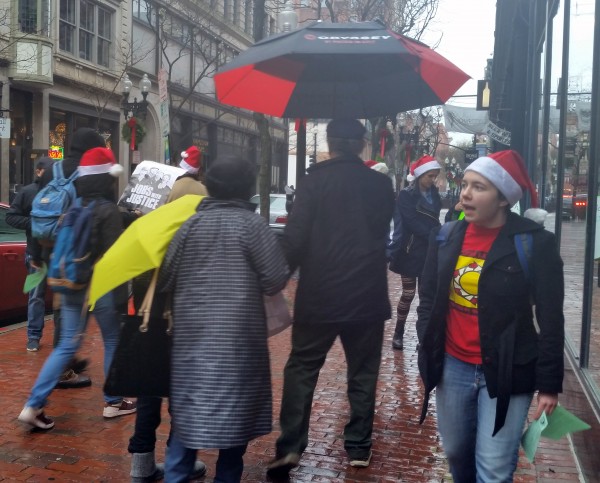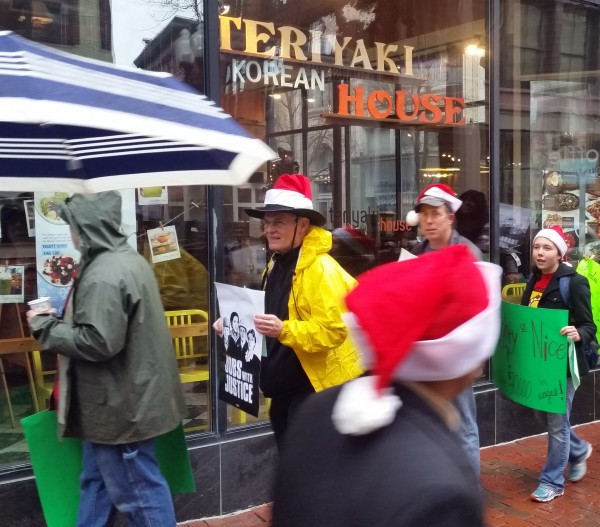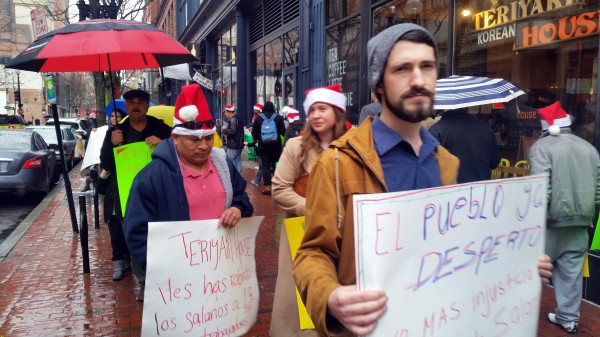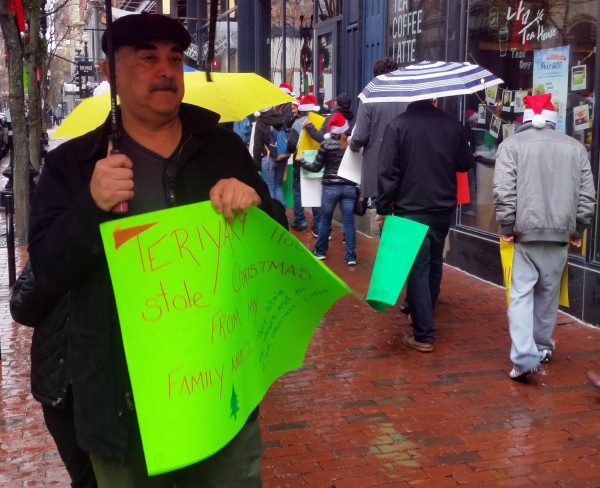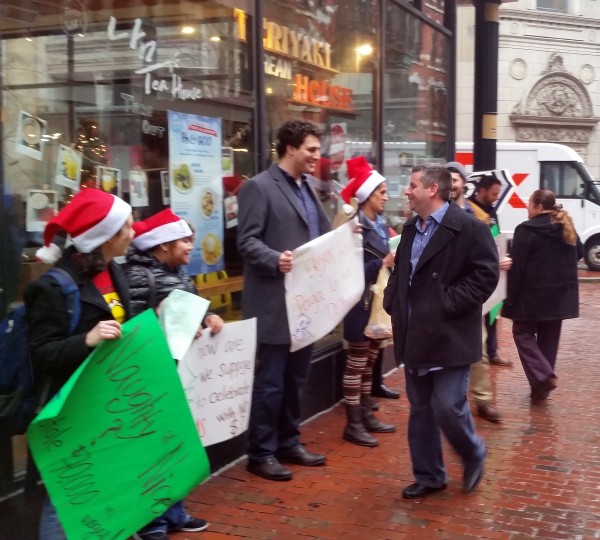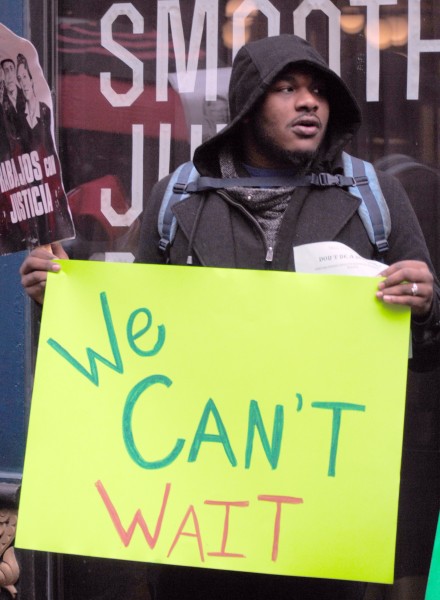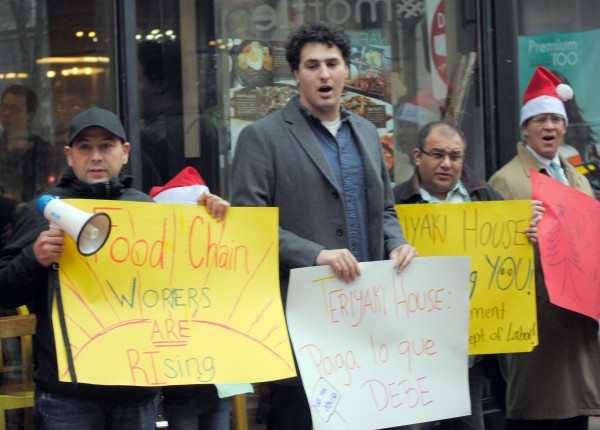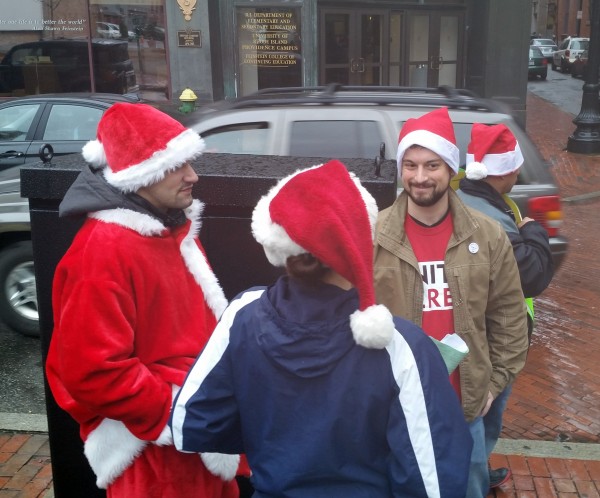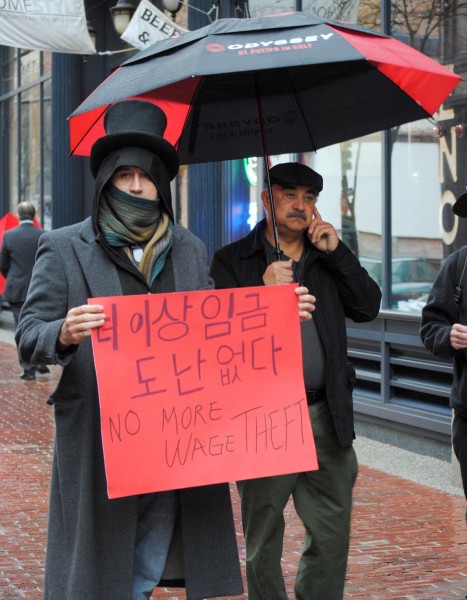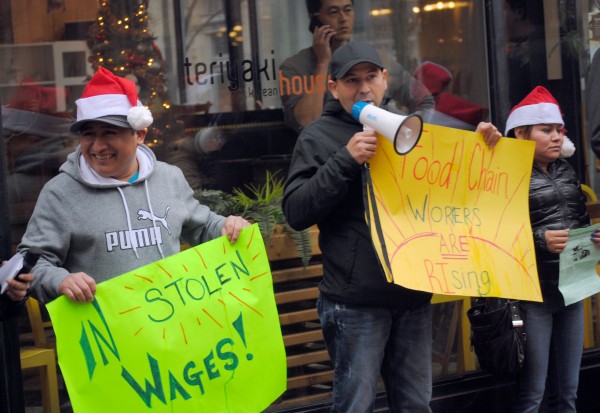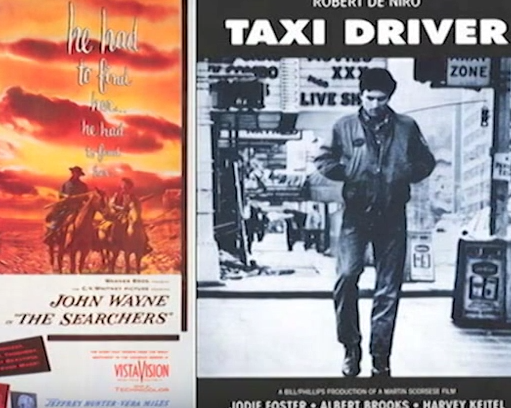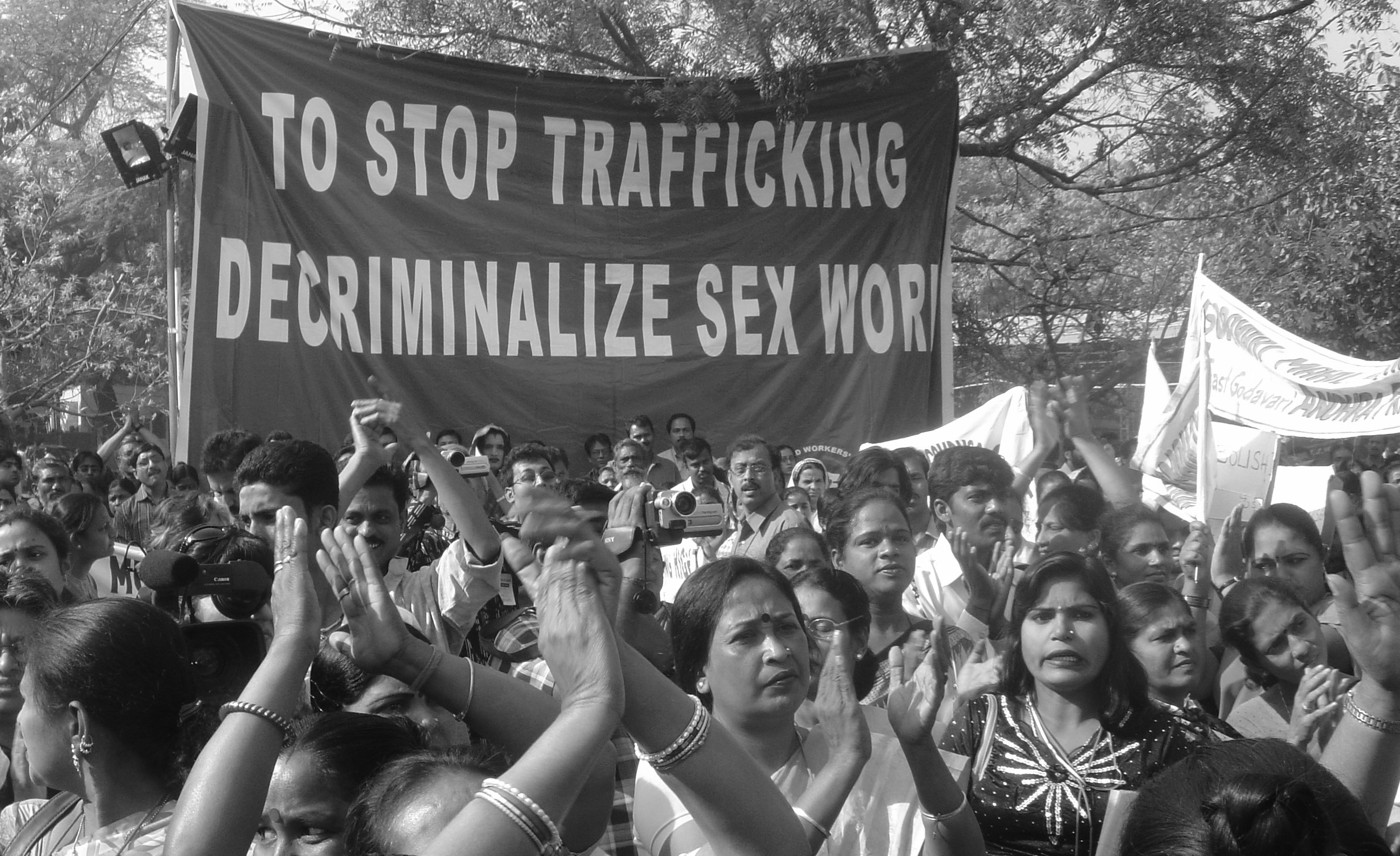 Rep. Teresa Tanzi introduced legislation to change the tobacco buying age to 21. I came across this in my Twitter feed just the other day, although upon further investigation, this has been reported on in The Projo.
Rep. Teresa Tanzi introduced legislation to change the tobacco buying age to 21. I came across this in my Twitter feed just the other day, although upon further investigation, this has been reported on in The Projo.
I respect Rep. Tanzi, and oftentimes I agree with her on a lot of issues. I disagree with her on this. Adults are adults at 18, and unless there’s a strong public interest in their behavior, 18 year olds should be free to make decisions, including really bad ones like smoking. The issue of further restricting smoking raises questions for me about where we socially place smoking (i.e., Is smoking a poor person thing now?). It also feels like an overreach on account of the fact that so many important public matters remain unregulated–are we wasting our political capital annoying people with regulations while not regulating things we should? This issue is a private one, and should stay that way.
Okay, James, So Why Take this On?
Drug policy is something I’m interested in, but it’s definitely not my focus. I debated when I saw Rep. Tanzi’s tweet whether I even wanted to get involved in challenging the idea of raising the tobacco age. But ultimately, what it comes down to is trying to work out what the appropriate place for public intervention in private affairs is, and that’s something that I do want to work out for myself, philosophically.
My grandmother died of emphysema and multiple heart attacks in her early 70s because of smoking, and that experience made a big impact on me, such that as a kid I was a bit of a Puritanical crusader against other people’s smoking. I’d lecture other relatives. Hide packs of cigarettes. I really can’t know what draws Rep. Tanzi to this issue, but the reason I feel like I respect where her heart is not to be patronizing, but because I really do understand where her heart is. I can only assume that some kind of human suffering underscores this urge to bring people to a healthier lifestyle.
As you all know, I’m a pretty strong proponent for various measures that would lower our reliance on cars. Some of those proposals very much use regulation to achieve their goal. Arguably, you could say that trying to do this is Puritanical in exactly the same way. What’s central to me in this conversation is trying to figure out what qualifies as the “public” good, and where it makes sense to start impinging on people’s choices to do as they please. I believe that this proposal to change the smoking age impinges on people’s personal freedom in a way that mostly impacts individuals’ rights to be their own persons, rather than for a genuinely public good.
18 Should be 18. Mostly.
One of the issues here is what rights adults over 21 should have to legislatively limit the rights of adults 18-21. I’m 30–Wow!–but I’m surprised by how much the feeling of being marginalized as a young adult still resonates with me, emotionally. I would argue that 18 should mean 18, unless there’s an overwhelming public interest at play.
Rep. Tanzi points out that 18 year olds’ decisions differ greatly from 21 year olds’ decisions. For me, this isn’t a point of contention. The more we come to know about the science of the brain, the more it is clear that our minds change continuously throughout our entirely lives. The decisions I made even five years ago were related to the kind of person I am today, but I certainly wasn’t an identical person to who I am upon greater reflection, experience, and biological growth. The first question is teasing out to what extent this justifies taking away young adults’ rights. I made a similar appeal in a series of housing pieces I wrote about Providence City Council and Mayor Elorza enacting harsh zoning restrictions against college students in Jo-Ann Ryan’s district and other sections of the city (The ACLU backed me on that position, by the way).
I’m not exactly a purist on this. I’ve jokingly but not-so-jokingly said many times that I think the driving age should be raised to 45, and that the only people who receive exceptions should be people living in very rural areas, and people whose disabilities would benefit from being able to drive. One place that is making great gains in reducing people’s reliance on cars is Cambridge, UK. The university doesn’t allow students to bring cars to campus, and instead supplements their mobility with an excellent bus system and superb bike amenities.
I would argue that restricting the right to drive by age is different qualitatively than doing so for smoking. Yes, in both cases it’s true that younger people are more impulsive. But in the first case, the young person is at the wheel of a very heavy piece of fast-moving machinery that can not only hurt them, but lots of other people. Young people are also uniquely capable, more than any other group, of using active transportation. So long as reasonable exceptions are made for people who really have to drive, restricting driving by age is at least arguable on the basis of public safety and well-being.
In the case of smoking, I’m not convinced. The entire State of Rhode Island and its Providence Plantations could light up at once, and so long as I’m standing a bus-length away from them and outside, their activity will have little impact on me. Smoking kills more people than car crashes or car pollution, but it also tends to kill people who have chosen smoking. In terms of actual volume and severity of pollution, cars are way worse, it’s just that typically we don’t sit in an enclosed room with the tailpipe directly in our mouths. I’m fully in favor of regulations of indoor, publicly accessible buildings to keep them smoke-free because I think the public health benefit of being able to choose whether or not one wants to be a smoking (i.e., not experience second-hand smoke) outweighs the personal freedom of individual smokers. But I’m also concerned that we’ve now passed the peak of what kinds of legislation can both be effective at nudging people away from smoking while still respecting them as individuals. Restricting smoking is more like restricting 18 year-olds’ housing (could make noise!), or restricting 18 year-old’s sex (could get AIDS, after all) than it is like restricting their ability to drive (could kill someone).
Sloe Gin
One thing that concerns me about continuing to regulate smoking beyond a reasonable balance point is that I think it’s trying to kill the golden goose. We can’t make the world perfect. We can regulate things, for sure, and those regulations are not idle. But if we go beyond a certain level of regulation, we’re in danger of creating social stigmas that hurt people.
In the 19th Century Britain, whiskey was considered a gentleman’s drink, and gin was illegal. Obviously the two have a similar effect and danger, but the difference was a social one. More recently, we have the example of differing levels of enforcement and different sentencing requirements for rock cocaine vs. crack cocaine. As a non-smoker who hates being around the second-hand smoke, I nonetheless get the feeling that tobacco is changing places with marijuana in our society. Who smokes (or at least, who is perceived to smoke?). I’m not–not even a little–suggesting that the reason that Rep. Tanzi wants to regulate tobacco more is because she personally has any kind of class bias. But I think what is true is that past movements of drug regulation have tended to draw people from varying backgrounds for varying reasons. A law like the ordinance Providence just passed to keep smoking out of public parks gained support probably as much from earnest people who want people to be healthy as it did from people who like the idea of being able to shuttle poor people out of Burnside Park, if the poor people’s smoking habits allows it. We’ve got to confront this shared alliance that tends to happen. This is one reason I think regulation of smoking in indoor public places is reasonable, but not going beyond that. Having outdoor public places that are accessible by everyone is really important. On another level, too, I wonder what will happen if we start to squeeze people out of public life entirely because they smoke. So far, no one says we should stop people from smoking in their homes, but if we don’t allow people to smoke on the sidewalk or in parks, that’s exactly where they’ll do it. And for those of us who care about childhood asthma, the biggest thing we can do to prevent smoking parents from harming their children is to get the parents to enjoy their habit somewhere where it doesn’t stick around in the air.
Medicaid/Medicare Costs
Rep. Tanzi points out that public costs for Medicaid and Medicare go up because of smoking. No doubt! Smoking is one of the worst things you can do to your body. I would support allocating taxes on cigarettes to Medicaid and Medicare, as a way of discouraging smoking and making smokers internalize costs they put on the public. But restricting the age, to me, feels like it goes well beyond this.
I often make the argument that driving less will be good for our health. But the measures I propose are different than the ones Tanzi is proposing. For one, that major way that I think we publicly impact one another’s lives with cars is by killing each other in crashes, killing each other with pollution, and tearing up our public spaces so as to make it impossible to walk or bike. Each of these requires public intervention, but the focus of the public intervention is to give people more options through collective action. A social-democrat-type liberal should always be looking for ways to collectively come together as a society for these types of goals.
On the other hand, not driving also means that people might exercise more, but I think it’s none of my business to tell people that they have to exercise. It’s totally fair for me to say, “hey, if you want to drive you’ve got to pay what the costs are” and it’s totally fair for me to say “everyone should have the option to walk or bike.” But we don’t get out their with a whistle and a sweatsuit and chase people around the yard. The goal of smoking cessation policies should be to encourage good decisions, make resources available for people to take the right steps, and regulate certain shared spaces (like publicly-accessible buildings) for the common good. We shouldn’t say “you can’t smoke because someday you’ll get sick.”
What Works to Stop Smoking?
I don’t know 100% what stops people from smoking, but I have some guesses.
In a lot of other countries, the drinking age is 18, or even lower. The big campaign to make drinking rights go to 21 was led by MADD, which ironically didn’t see that car-culture, at least as much as drinking, was the cause of drunk-driving. A lot of countries have much more consistent enforcement of DUIs than we do, while also not necessarily preventing young people from drinking, or even favoring the harsh penalties our politicians propose. And the attitude towards drinking is different in other ways. People tend to drink and ride a bicycle down the street, and there isn’t an open stigma of “walking with under the influence” which I’ve heard more than a few DOT officials use as an excuse for pedestrian injuries (How are people supposed to go to bars, then?).
I’ve not been to Europe, but I’ve had a few friends and acquaintances that live there, and their impression (anecdotally) of drinking in those countries has been that is is more moderate. There’s something to be said for the idea that if you’re introduced to drinking earlier, in a social setting among family members, and are taught that the purpose of drinking is casual enjoyment rather than getting drunk, that you might have fewer problems with alcoholism (although, I admit that I don’t have the level of expertise to prove that statement definitively).
Smoking obviously varies from drinking in that almost everyone who smokes gets hooked, and also in that the optimal amount of smoking is generally understood to be zero cigarettes, while the optimal amount of drinking is a glass or two of wine. So, to that extent, I realize that the two are not apples to apples. But don’t we owe ourselves questions about what raising the smoking age to 21 will do, from this social perspective? It starts to give smoking an even greater image of “adulthood”. It makes it more likely that one will be able to buy cigarettes at a point when one is only surrounded by other young people (as with binge alcohol experimentation in college dorms). I’m not entirely convinced that what ails us in smoking policy is that 18 year olds can do it.
Get to the Point, James.
Alright, alright. My summary is this: government should help us do things we can only do collectively, but it’s goal should be to create opportunities for choice within that framework. Government can educate us to dangers, internalize costs of our bad decisions, and create safety nets for our mistakes. But government shouldn’t go as far as to take away our decision-making ability unless there’s a very solid, very public reason for doing so. Smoking is a private decision. There a reasonable things government can do to lower smoking, but raising the smoking age of consent to 21 is not one of them. We have other problems that are genuinely impinging on our ability to function as a society, which are public. We need to regulate those, and part of being able to do that means conserving our political capital. There are also issues here in terms of how we infantilize young people. Young adults are different than older ones, but we shouldn’t let that truth guide us into black-and-white corners.
I would urge members of the State House to vote no on this bill.
~~~~



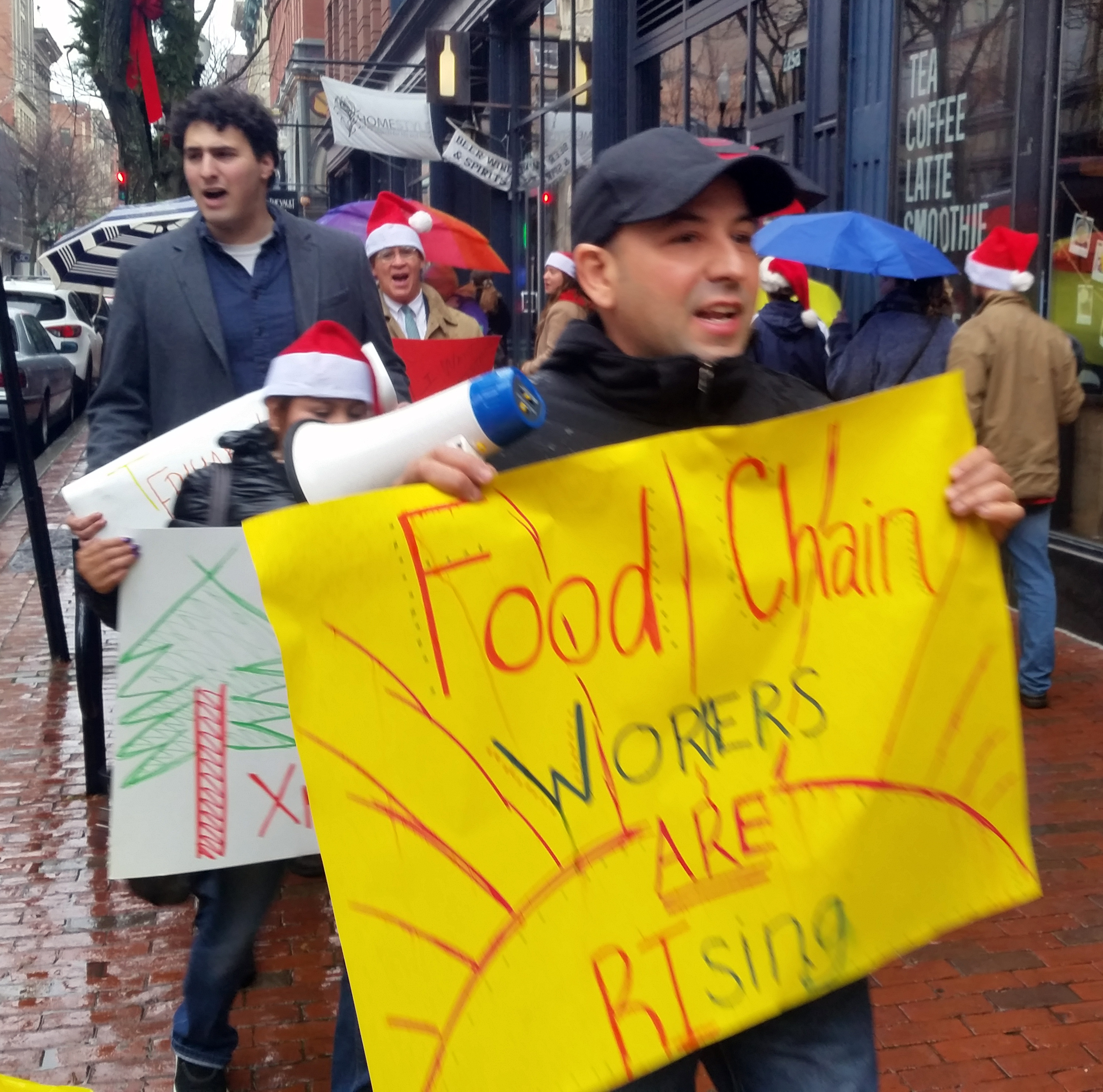
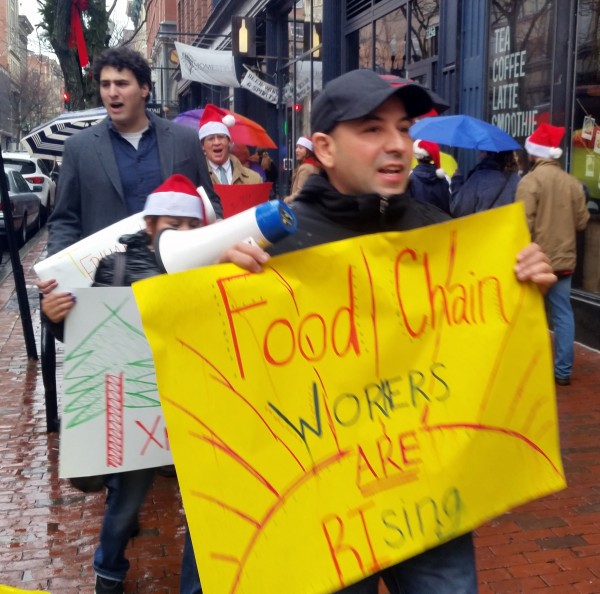 Former Teriyaki House workers and their supporters picketed, held signs and sang Christmas Carols outside the downtown restaurant Tuesday afternoon to remind the owners that they have agreed to pay $36,000 in unpaid wages by March 5, 2016 as per an agreement made with the US Department of Labor. Workers held the action to “to keep up the public pressure” against Teriyaki House and “to make sure they make good on this settlement and pay up as soon as possible because workers have waited long enough for their wages.”
Former Teriyaki House workers and their supporters picketed, held signs and sang Christmas Carols outside the downtown restaurant Tuesday afternoon to remind the owners that they have agreed to pay $36,000 in unpaid wages by March 5, 2016 as per an agreement made with the US Department of Labor. Workers held the action to “to keep up the public pressure” against Teriyaki House and “to make sure they make good on this settlement and pay up as soon as possible because workers have waited long enough for their wages.”